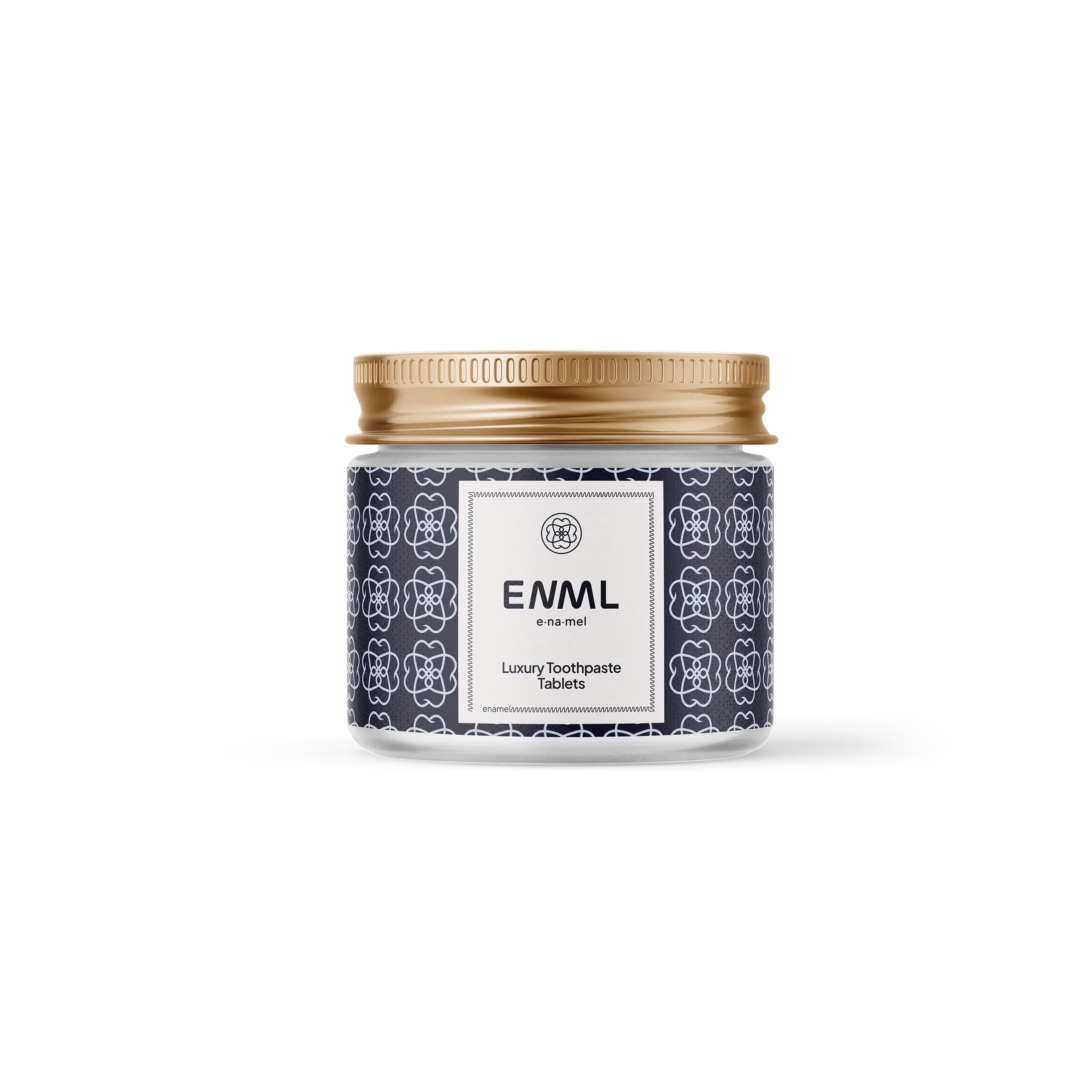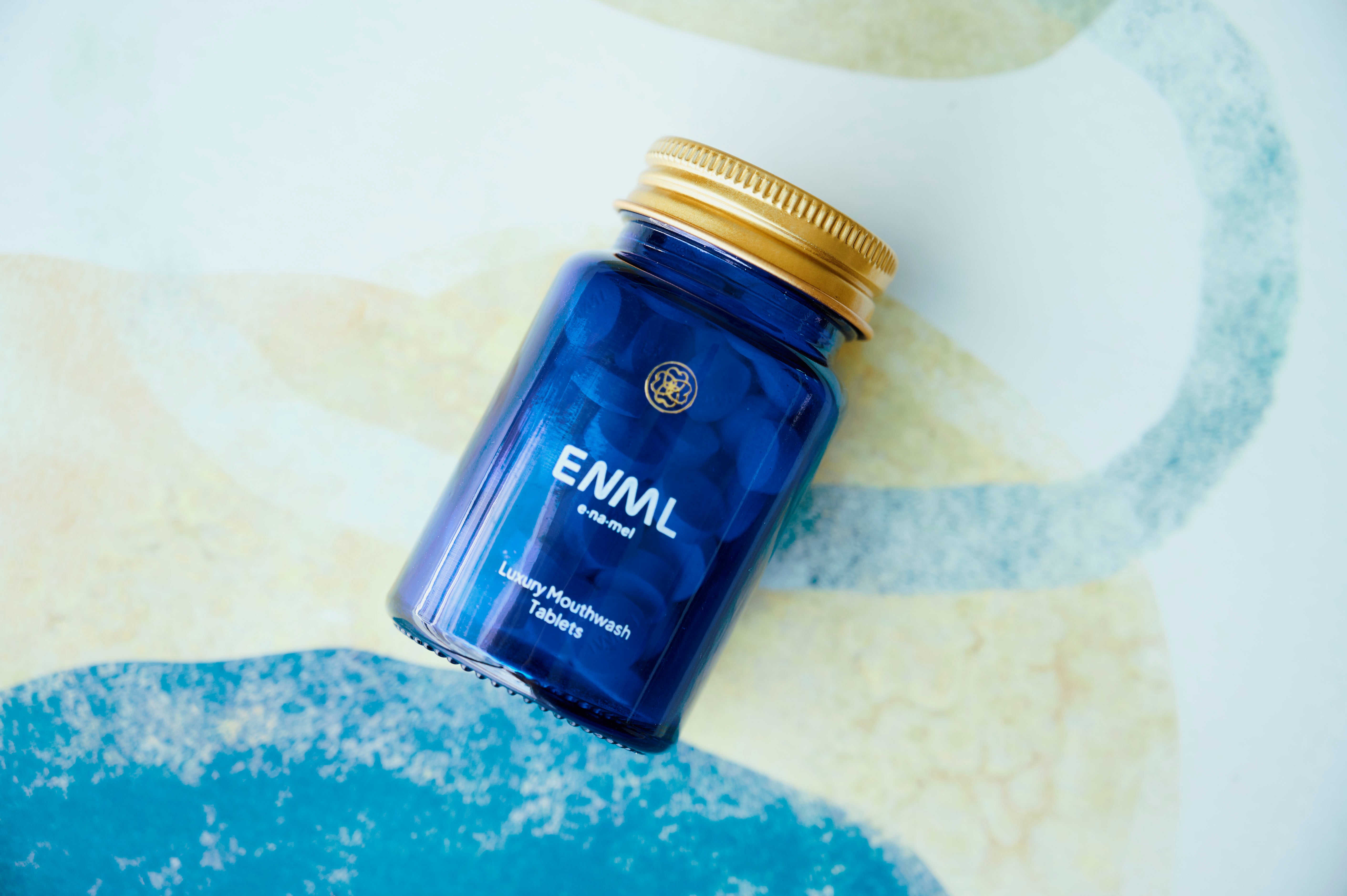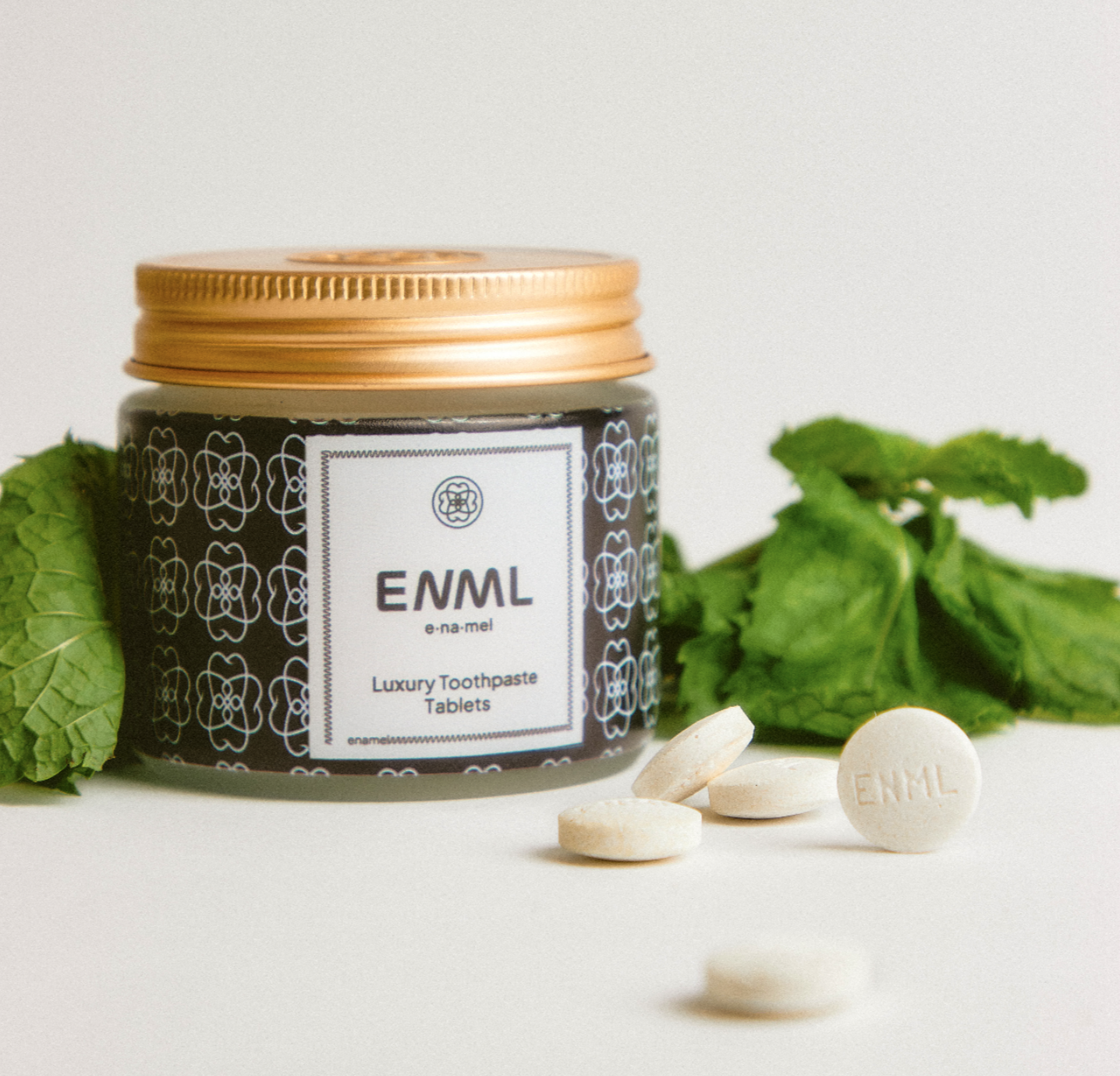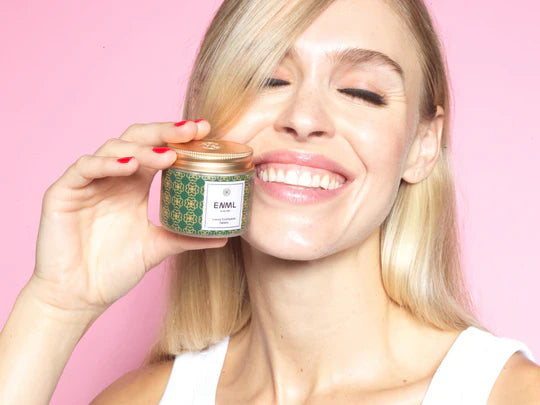Flossing often takes a back seat in oral care routines, overshadowed by the more popular habit of brushing. However, neglecting to floss means ignoring one of the most critical steps for maintaining oral health. As Dr. Zachary Aberth highlights, flossing every day uncovers what brushing alone can’t reach. It's not just about cleaner teeth—it’s about preventing the buildup of bacteria and plaque that can lead to bad breath, cavities, and gum disease.
If you’re not yet motivated to floss, here’s a challenge for you: floss daily for a week and take a whiff of the used floss. Dr. Zachary Aberth recalls a memorable suggestion from dental school that proves how convincing (and a little gross) flossing can be when you see—and smell—the difference it makes. Let’s explore the undeniable importance of flossing and how to make it a regular part of your oral care routine.
Why Flossing Matters
Flossing targets areas of your mouth that brushing simply can’t reach. These tight spaces between your teeth are breeding grounds for bacteria and plaque, which can cause bad breath, tooth decay, and gum disease. Daily flossing ensures these hidden zones are clean, keeping your smile healthy and fresh.
💡 Related Post: Why Flossing Matters: The Truth Behind "Only Floss the Teeth You Want to Keep"
Key Questions and Answers
Why is flossing essential for oral health?
Flossing removes plaque and food particles from between teeth, preventing decay and gum disease in areas a toothbrush can’t reach.
What happens if you don’t floss regularly?
Without flossing, plaque builds up in tight spaces, increasing the risk of cavities, gum inflammation, and bad breath.
Can flossing really motivate change in habits?
Absolutely! Dr. Aberth's advice to “smell the floss” demonstrates how effective and eye-opening flossing can be, even for reluctant participants.
Is flossing every day necessary?
Yes, daily flossing prevents plaque from hardening into tartar, reducing the likelihood of gum disease and other oral health issues.
What alternatives exist for traditional flossing?
Water flossers and floss picks are great options for people who find traditional string floss inconvenient or difficult to use.
Benefits of Flossing Every Day
-
Improved Oral Health: Remove plaque and reduce the risk of cavities and gum disease.
-
Fresh Breath: Eliminate trapped food particles that can cause bad odors.
-
Enhanced Brushing Efficiency: Prepare teeth for brushing by clearing debris from hard-to-reach areas.
-
Preventative Care: Avoid costly dental treatments by addressing plaque buildup early.
-
Overall Confidence: Maintain a cleaner, healthier mouth and smile.
Dos and Don’ts of Flossing
Dos
-
Floss Daily: Incorporate it into your morning or evening routine.
-
Use Proper Technique: Gently slide the floss between teeth and curve it around each tooth to clean below the gumline.
-
Choose the Right Tool: Experiment with traditional floss, floss picks, or water flossers to find what works best for you.
-
Take Your Time: Rushing through flossing can lead to missed spots or gum irritation.
Don’ts
-
Skip Days: Inconsistent flossing allows plaque to build up quickly.
-
Snap the Floss: Avoid harsh motions that can damage your gums.
-
Ignore Sensitive Areas: Pay extra attention to areas prone to plaque buildup or irritation.
-
Reuse Floss: Always use a fresh piece of floss to prevent spreading bacteria.
Lifestyle Integration
Flossing doesn’t have to feel like a chore. Integrating it into your daily routine can be simple with a few adjustments. Pair flossing with another habit, like watching your favorite show or listening to a podcast, to make it feel less tedious. Keep floss readily available—whether at your bathroom sink, in your bag, or at work—for quick and convenient use. Over time, you’ll develop a rhythm that makes flossing as automatic as brushing.
Reader Challenges or Action Plans
7-Day Floss Challenge
Commit to flossing every day for one week. Take a moment to observe the results, from fresher breath to less plaque buildup. For extra motivation, try the “smell the floss” test after each use—it’s a surefire way to reinforce the importance of this habit.
Upgrade Your Tools
Experiment with different flossing options, such as floss picks or water flossers, to find the method that best fits your lifestyle. Write down your observations and decide which tool feels most effective and convenient.
Create a Habit Tracker
Use a calendar or app to track your flossing routine. Celebrate small milestones, like completing one week or a full month of daily flossing, to stay motivated and consistent.
Scientific Backing or Research Highlights
Research consistently supports flossing as an essential component of oral health. Studies show that regular flossing reduces the risk of gingivitis and periodontal disease by targeting areas missed by brushing. Flossing also helps prevent systemic health issues linked to oral bacteria, such as cardiovascular disease and diabetes. Additionally, dental professionals advocate for flossing as part of a comprehensive oral care routine to extend the life of natural teeth.
Conclusion
Flossing may seem like a small step, but it has a big impact on your oral health. It cleans the hidden spaces between your teeth, keeps your gums healthy, and helps prevent bad breath. If you’re still skeptical, try Dr. Aberth's experiment: floss every day for a week and smell the difference—it’s both eye-opening and motivating.
Elevate your oral care routine with Enamel products that complement your flossing efforts. Explore the ENML Jar Collection and discover innovative solutions to enhance your daily habits. Make flossing a cornerstone of your self-care and enjoy the long-term benefits of a cleaner, healthier mouth.
Transcript
It's not like I ever floss and I don't find something. I mean, there's always something there that you're going to get out. And, uh, this is really gross, but I had a friend in like dental school and he's like, if you want to make people floss every day, tell them to like floss her teeth and smell the floss afterwards and just do that every day for like a week.
And you'll notice it's still like every time it's still nasty. So if you really want to motivate people that are like really motivated by kind of gross things.






